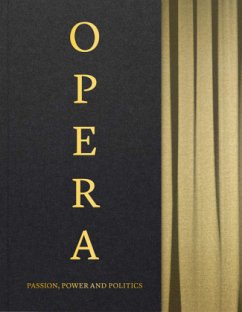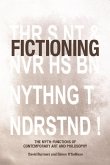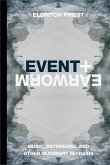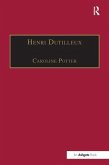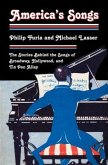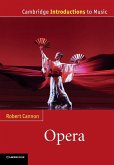Opera is traditionally regarded as an elitist art form, far removed from reality with its fantastical plots and melodramatic divas. This lush new book shows that beneath all the opulent sets and sumptuous costumes, opera like all the arts draws on essential human emotions, creating an experience that can be endlessly reinvented to reflect changes in society. Through the lens of seven opera premieres in seven cities across the past 400 years, the authors look at snapshots in time where politics, art, and social history intersected, providing an immersive account of the society from which these pieces and performances evolved. Noted opera designers, performers, conductors, singers, and directors come together with musicologists and historians to discuss the following premieres:
Venice, Monteverdi s L Incoronazione di Poppea (1642)
London, Handel s Rinaldo (1711)
Vienna, Mozart s The Marriage of Figaro (1786)
Milan, Verdi s Nabucco (1842)
Paris, Wagner s Tannhäuser (1861)
Dresden, Strauss Salome (1905)
St Petersburg, Shostakovitch s Lady Macbeth of the Mtsensk District (1934)
This book will fascinate seasoned opera goers and history buffs alike.
Venice, Monteverdi s L Incoronazione di Poppea (1642)
London, Handel s Rinaldo (1711)
Vienna, Mozart s The Marriage of Figaro (1786)
Milan, Verdi s Nabucco (1842)
Paris, Wagner s Tannhäuser (1861)
Dresden, Strauss Salome (1905)
St Petersburg, Shostakovitch s Lady Macbeth of the Mtsensk District (1934)
This book will fascinate seasoned opera goers and history buffs alike.
"Even though Opera: Passion, Power and Politics, the work of more than two dozen contributing authors, does not present this story as a cohesive narrative, it still offers a vivid sense of how opera, over the past four centuries, has survived amid perpetual financial stress and cultural upheaval. Based on a recent exhibition at London's Victoria and Albert Museum, presented in collaboration with the Royal Opera House, the book gathers essays, testimonies and many lavish illustrations to let readers construct their own sense of how the art form has weathered history." Opera News

